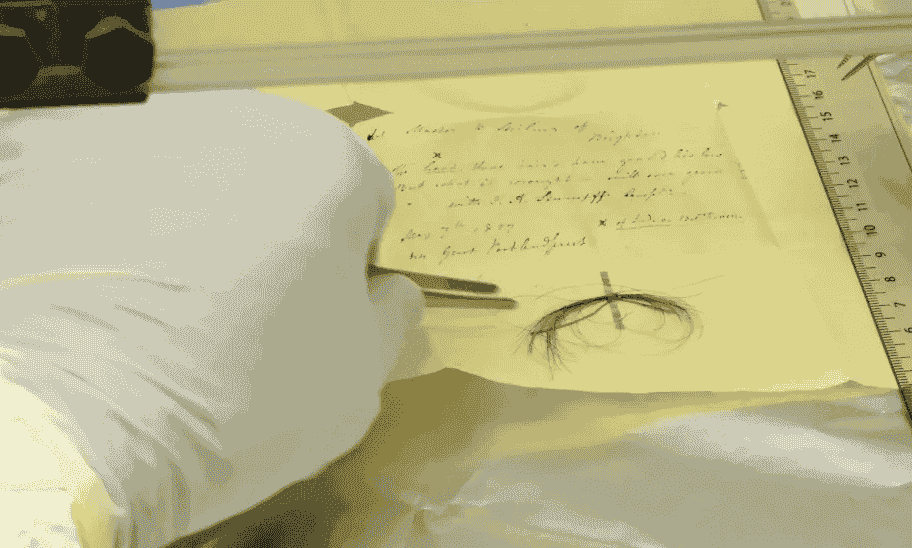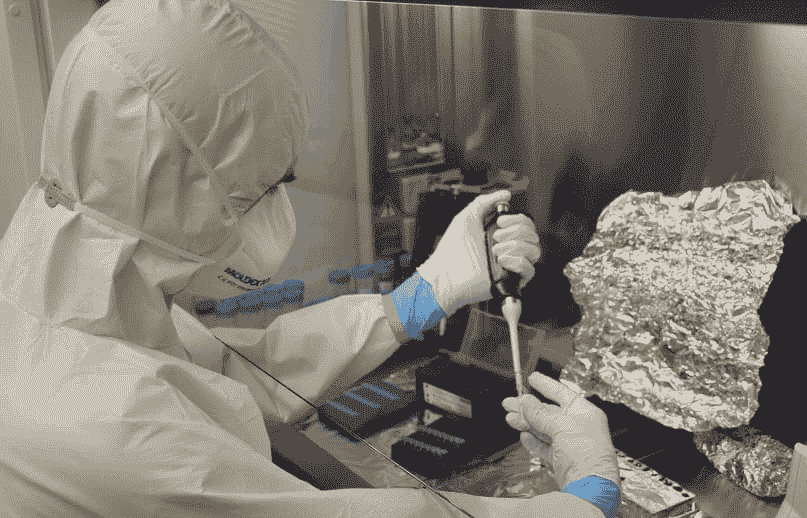
Researchers extracted DNA from strands of Ludwig van Beethoven’s hair nearly 200 years after his death, looking for clues regarding his health issues and hearing loss.
They were unable to solve the German composer’s deafness or terrible stomach troubles. The five hair samples assisted scientists in learning more about his family history, chronic health issues, and what may have contributed to his death at the age of 56.
Beethoven’s Ailments
In addition to hearing loss, the renowned classical composer suffered from gastrointestinal issues and severe liver illness throughout his life. In 1802 Beethoven requested that his doctor, Johann Adam Schmidt, determine and communicate the nature of his “illness” once Beethoven died. The letter has been dubbed the Heiligenstadt Testament.
Since his death, speculation has centered on what ailed Beethoven and what caused his death. The composer had at least two episodes of jaundice, which is associated with liver illness, in the last seven years of his life, leading to the widespread opinion that he died of cirrhosis.
However, the researchers behind the latest discovery went a step further approximately eight years ago when they set out to do a genetic analysis of Beethoven’s hair. Hair clipped from his head in the seven years before his death was among the samples used.
Read more: Strep throat infection cases increase with 5 recorded pediatric deaths in Illinois
Genetic Breakthroughs

The researchers began by examining eight hair samples from public and private collections in the United Kingdom, Europe, and the United States. During their identification process, they determined that two of the items did not come from Beethoven at all, and another was too damaged to evaluate.
Five of the samples, however, were all from the same European guy and matched his German background. In April 1826, Beethoven personally handed one of the locks to pianist Anton Halm.
Beethoven’s genetic information also assisted researchers in ruling out other possible reasons for his symptoms, such as celiac disease, an autoimmune disorder, lactose intolerance, or irritable bowel syndrome.
Beethoven’s letters, as well as those of his acquaintances, demonstrate that the composer drank alcohol on a regular basis. Although it’s impossible to say how much he drank, a close acquaintance said that Beethoven drank at least a liter of wine with lunch every day.
The combination of alcohol consumption, hereditary risk factors for liver disease, and his hepatitis B infection may have created the perfect storm for Beethoven’s health near the end of his life.
Read more: Student loan forgiveness: The federal IDR proposal will eliminate 3.6 million loans

